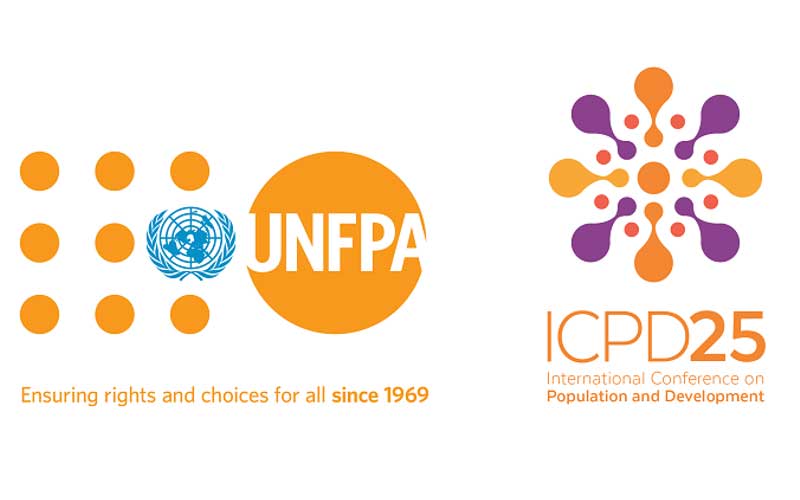
When US President Barak Obama confronted President Uhuru Kenyatta with the question about his stand on the rights of gays, the Kenyan president’s response was forthright, apt, and absolutely witty. He shifted focus to the similarities and dissimilarities in Kenya’s and US priorities. “Kenya and the US share so many values. Our common love for democracy, entrepreneurship and value for families. These are things that we share, but there are some things we must admit we don’t share – that our culture, our societies don’t accept,” the president explained.